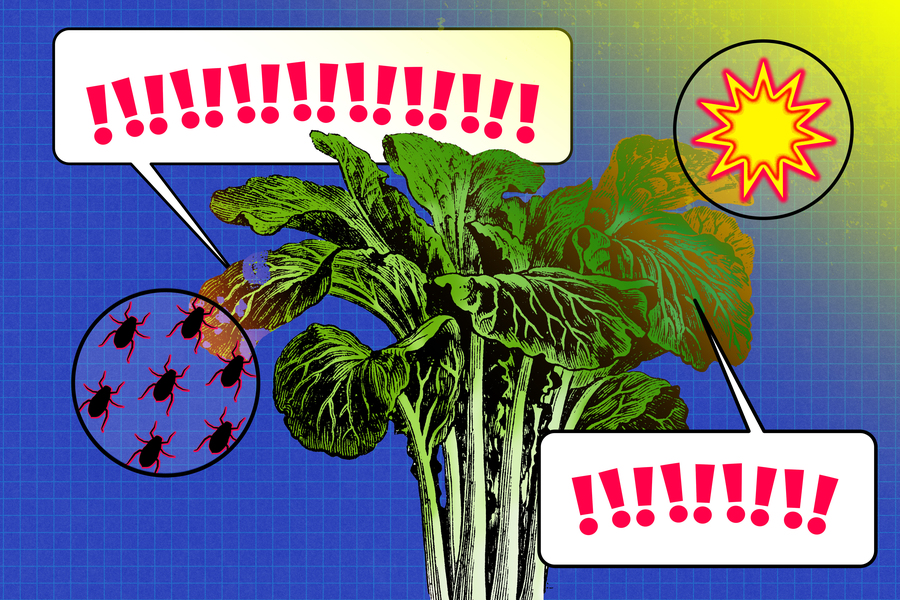
|
Getting your Trinity Audio player ready...
|
The integration of digital technology into agriculture has taken a leap forward with the development of advanced sensors crafted from carbon nanotubes. This innovation comes from a collaborative effort between researchers at MIT and the Singapore-MIT Alliance for Research and Technology (SMART). Their study, recently published in Nature Communications, reveals how these sensors can detect signals indicating various plant stresses, such as exposure to heat, light, or attacks by insects and bacteria.

The sensors themselves are a technological breakthrough. Composed of carbon nanotubes wrapped in specially designed polymers, they can detect two key signalling molecules—hydrogen peroxide and salicylic acid. These molecules are critical in how plants communicate internal distress and initiate defence mechanisms. By detecting the presence and concentration of these molecules, the sensors can identify the type of stress affecting the plant and trigger a timely response to mitigate damage.
Hydrogen peroxide is commonly known as a plant distress signal and is rapidly produced in response to environmental threats. Salicylic acid, on the other hand, regulates many aspects of plant growth and stress responses. The MIT and SMART researchers have tailored their sensors to detect these specific molecules, using fluorescence to signal their presence. This approach allows for the non-invasive real-time monitoring of plant health, a considerable improvement over traditional methods that often require the destructive sampling of plant tissue.
To integrate the sensors into plant systems, the researchers dissolve them into a solution applied to the underside of a plant’s leaves. The solution penetrates the leaves through the stomata and settles into the mesophyll, where much of a plant’s photosynthesis occurs.
Once the sensors are in place, any stress-induced chemical changes in the plant trigger a fluorescent response that can be detected using an infrared camera. This process ensures minimal disruption to the plant and provides continuous, real-time monitoring of its health.
In their experiments, the researchers applied the nanosensors to pak choi plants and subjected them to various stresses, including heat, intense light, insect attacks, and bacterial infections. The responses were distinct and consistent, with hydrogen peroxide levels spiking rapidly and salicylic acid concentrations varying more gradually depending on the stressor. Notably, insect attacks did not increase salicylic acid, highlighting the specificity and potential for these sensors to differentiate between stress types accurately.
Professor Michael Strano, one of the study’s senior authors, emphasises the significance of these findings. He describes the sensor technology as a potential early warning system in agriculture, allowing farmers to detect and respond to threats before significant crop loss occurs. This capability is crucial in a world where climate change and growing global populations demand more efficient and sustainable agricultural practices.
The broader implications of this technology extend beyond immediate agricultural applications. The sensors’ ability to provide real-time data on plant health could revolutionise the management of crops in greenhouses, where conditions such as temperature and lighting can be dynamically adjusted in response to the sensors’ readings.
Furthermore, this technology sets the stage for developing “sentinel” plants—crops engineered to serve as bioindicators that can provide advanced warnings about environmental changes or emerging threats from pathogens.
The research team is already exploring adaptations of this technology. Future iterations of the sensors might detect a broader range of plant signalling molecules, providing even deeper insights into plant physiology and stress responses. Such advancements could lead to the development of genetically engineered crops that are more resistant to environmental stresses, thereby contributing to food security in increasingly unpredictable climatic conditions.
As this technology develops, it promises to usher in a new era of precision agriculture where digital technology and biological science converge to enhance the sustainability and productivity of farming worldwide.
















